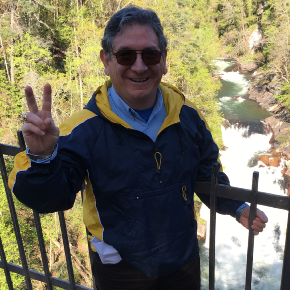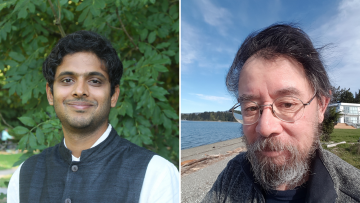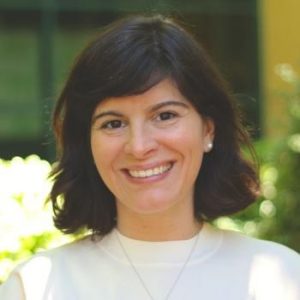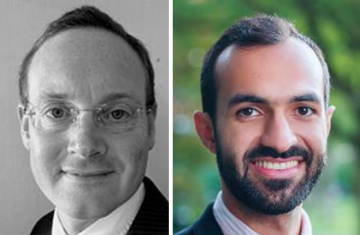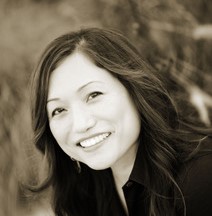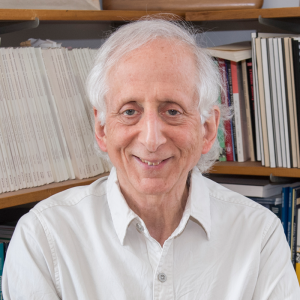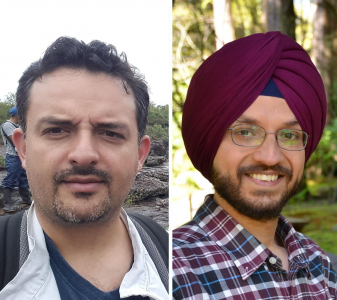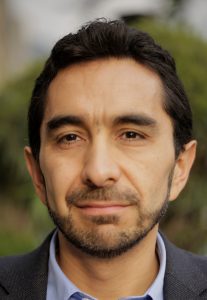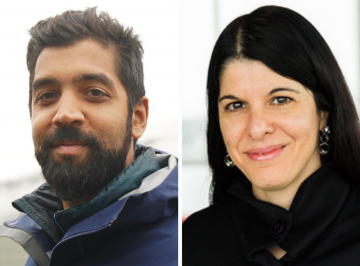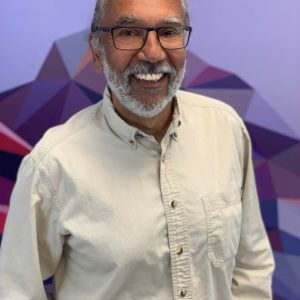January 21, 2021: IRES Faculty Seminar with Fausto Sarmiento
As archetypes of the meta-geography of the vertical dimension, mountain metaphors remain at the core of animistic belief systems, religious cults, military strategies, economic potential and scientific innovation. Dr. Sarmiento argue that transdisciplinary science and geocritical tropes, incorporating physical, human, and technical geography with humanities and arts, are the best approaches to understand the complexity of mountain systems.
January 14, 2021: IRES Student Seminar with Sandeep Pai and Ian Theaker (First Seminar in Term 2)
January 14, 2021: IRES Student Seminar with Sandeep Pai and Ian Theaker (First Seminar in Term 2)
December 3, 2020: IRES Faculty Seminar with Inês Azevedo (Last Seminar in Term 1)
In this talk I will cover three related recent papers: 1) Comparing the Health Damages from Air Pollution to the Value Added in the U.S. Economy (PNAS, 2019). 2) Fine Particulate Air Pollution from Electricity Generation in the US: Health Impacts by Race, Income, and Geography (ES&T, 2019). 3) What are the best combinations of fuel-vehicle technologies to mitigate climate change and air pollution effects across the United States? (ERL, 2020).
November 12, 2020: IRES Student Seminar with Scott McKenzie and Nima Jamshidi
November 12, 2020: IRES Student Seminar with Scott McKenzie and Nima Jamshidi
November 5, 2020: IRES Faculty Seminar with Claire Kim
Interview with Dr. Claire Kim: Race and Human-Animal Relations
October 29, 2020: IRES Professional Development Seminar with Baruch Fischhoff
The talk will address opportunities for integrating research and public service by creating empirically based communications responsive to user needs. It will draw examples from a diverse application areas.
October 15, 2020: IRES Student Seminar with Balsher Sidhu and Luis Felipe Melgarejo Perez
October 15, 2020: IRES Student Seminar with Balsher Sidhu and Luis Felipe Melgarejo Perez
October 8, 2020: IRES Faculty Seminar with César Rodríguez-Garavito
Climate litigation based on human rights is proliferating around the world. From the Netherlands to Mexico, from Canada to South Africa to the Philippines, from the Arctic to the Amazon, from domestic to international courts, litigants are bringing legal challenges against governments and corporations to hold them accountable for massive human rights violations associated with global warming. This talk presents the first systematic study of the universe of rights-based climate litigation around the world. The talk discusses the origins and the emergent legal doctrines as well as the impact and limitations of rights-based litigation in advancing climate action.
October 1, 2020: IRES Student Seminar with Anthony Persaud and Ilana Judah
October 1, 2020: IRES Student Seminar with Anthony Persaud and Ilana Judah
September 24, 2020: IRES Faculty Seminar with Areef Abraham
Areef has worked for over three decades with underserved communities who struggle to pay their energy bills. This presentation will discuss how and why it all began, and the successes and pitfalls he experienced along the way. Areef’s learned experience speaks to the importance of working effectively at the interface of communities, governments and tradespeople to improve outcomes for all.
